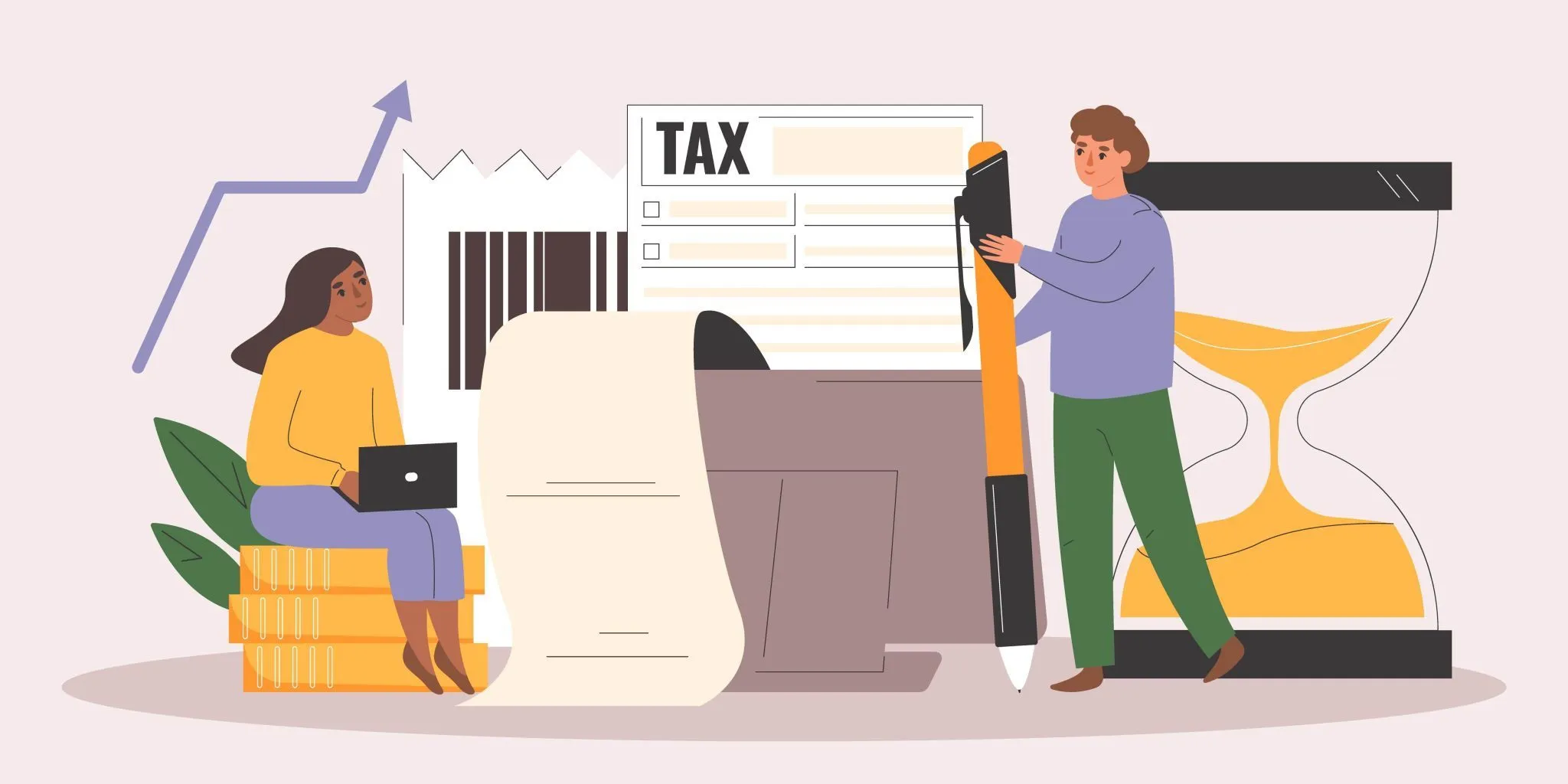Facing a tax audit can be a daunting experience for individuals in the UK. The HMRC (HM Revenue and Customs), the country’s tax authority, has the power to investigate personal tax affairs to ensure compliance with tax laws.
In this article, we will guide you on how to prepare for an HMRC personal tax audit, provide insight into the role of a personal tax accountant, discuss common triggers for investigation, and offer tips to avoid mistakes in your tax return.
Role of a Personal Tax Accountant in HMRC Audit
When facing an HMRC tax audit, seeking the assistance of a qualified personal tax accountant is highly recommended. These professionals specialise in tax matters and can provide invaluable guidance throughout the audit process.

A personal tax accountant can help you understand your tax obligations, review your tax records for accuracy, and represent you during interactions with the HMRC. Their expertise can ensure that your tax affairs are in order and that you comply with the requirements set by the HMRC.
Common Triggers for HMRC Investigation
Several factors can trigger an HMRC investigation. It’s important to be aware of these triggers to reduce the likelihood of being selected for an audit. Some common triggers include:
1. Discrepancies In Tax Returns
Inconsistencies or errors in your tax returns may raise red flags and prompt the HMRC to launch an investigation.
2. Unusual Deductions Or Expenses
Inconsistencies or errors in your tax returns may raise red flags and prompt the HMRC to launch an investigation.
3. Industry-Specific Risk Factors
Certain industries are considered higher risk due to their complex tax arrangements or historical non-compliance issues. If you operate in one of these industries, you may face a higher chance of being audited.
4. Tips And Leads
The HMRC receives information from various sources, such as whistle blowers or third-party reports, which may lead to an investigation.
5. Random Selection
In some cases, the HMRC conducts random audits to ensure overall compliance.
To know more about this, visit our article “HMRC Tax Investigation – 10 Reasons HMRC Might Audit Your Tax Return”
The Process of HMRC Tax Audit
If you are selected for an HMRC tax audit, it’s crucial to understand the process involved. Typically, the HMRC will send you a notification of the audit, outlining the areas they wish to examine. This notification will provide details on the documents they require, such as bank statements, receipts, and invoices.
Once you gather the requested information, an HMRC officer will review your records and may schedule a meeting to discuss any discrepancies or issues identified. It is important to cooperate fully and provide accurate information during the audit process.
Consequences of HMRC Tax Investigations
The consequences of an HMRC tax investigation can vary depending on the severity of the non-compliance. In cases of unintentional errors, the HMRC may request adjustments to your tax return and charge interest and penalties.

However, if intentional evasion or fraud is discovered, the consequences can be more severe, including substantial fines, criminal prosecution, and imprisonment. It is vital to take tax compliance seriously and ensure accurate reporting to avoid these consequences.
How to Prepare for a Tax Investigation
To navigate an HMRC tax audit successfully, thorough preparation is key. Here are some steps to help you prepare:
- Gather and organise your tax records: Ensure you have all relevant tax documents, including receipts, invoices, and bank statements. Organise them systematically to facilitate the audit process.
- Review your tax return for accuracy: Double-check your tax return for any errors or omissions. Accuracy is crucial to avoid potential penalties or suspicion of non-compliance.
- Seek professional advice: Consult with a personal tax accountant who can guide you through the process, review your records, and provide expert assistance during the audit.
- Familiarise yourself with relevant tax laws: Stay informed about current tax regulations and ensure that your tax practices are in line with the latest requirements.
- Maintain open communication with the HMRC: Respond promptly to any communication from the HMRC and provide requested information within the given timeframe.
If you want to know more about HMRC nudge letters and investigations visit our article “HMRC Nudge Letters and Investigations : Managing Tax Enquiry”
Tips to Avoid HMRC Tax Investigation
While an HMRC tax investigation can be challenging, there are steps you can take to minimise the likelihood of being audited:

Be diligent in your record-keeping
Maintain accurate and detailed records of your income, expenses, and any tax-related transactions.
File your tax returns on time
Timely submission of your tax returns demonstrates your commitment to compliance and reduces the chances of triggering an investigation.
Seek professional advice when needed
Consulting with a personal tax accountant can help you navigate complex tax matters, ensuring that your tax returns are prepared accurately and in accordance with regulations.
Avoid aggressive tax planning schemes
Engaging in questionable tax schemes or aggressive tax planning can increase the risk of an HMRC investigation. It’s best to adopt a conservative and responsible approach to tax planning.
Stay informed about changes in tax laws
Keep up-to-date with changes in tax legislation to ensure that you remain compliant with the latest requirements.
Conclusion: Navigating HMRC Tax Audit with a Personal Tax Accountant
Being prepared for an HMRC personal tax audit is essential to ensure a smooth process and minimise the potential consequences of non-compliance. By engaging the services of a personal tax accountant, understanding common triggers for investigation, and maintaining accurate tax records, you can navigate the audit process with confidence.
Remember to remain proactive in your tax affairs, seek professional guidance when needed, and stay up-to-date with tax regulations to avoid future complications.